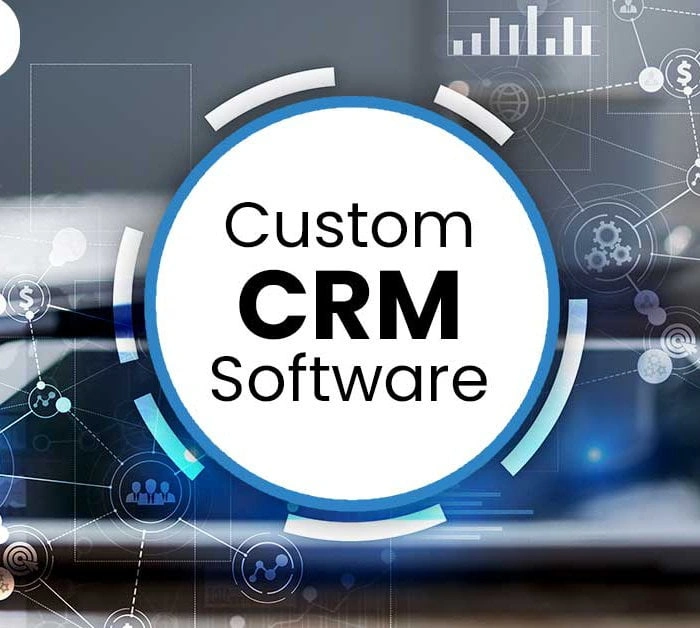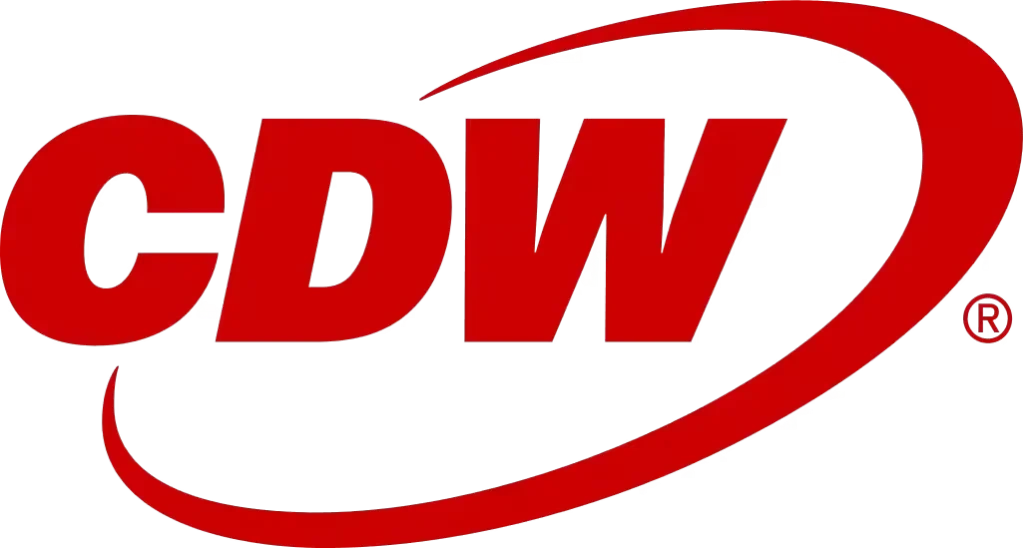Custom CRM Development
Our Happy Clients







Custom CRM DEVELOPMENT AGENCY

ENHANCE YOUR Custom CRM WEBSITE

Tailored Functionality for Precise Operations
Seamless Integration with Existing Systems
User-Centric Design for Intuitive Navigation
See more conversions into leads and customers
Are you ready to see your revenue skyrocket?
Custom CRM DEVELOPMENT SERVICES
Tailored CRM Solutions
Crafting customized CRM systems that align perfectly with your business processes and customer interaction requirements. Our solutions are designed to enhance customer satisfaction, streamline operations, and drive business growth.
Workflow Automation and Efficiency
Designing CRM solutions with automated workflows that streamline tasks and processes. This boosts productivity, minimizes manual effort, and allows your team to focus on high-impact activities for improved customer relationship management.
CRM Integration and Optimization
Integrating CRM seamlessly into your existing software ecosystem for cohesive data management. We optimize CRM functionality, ensuring smooth communication with other tools and platforms for a unified and efficient workflow.
Analytics and Insights for Informed Decisions
Implementing analytics tools within your CRM system to provide actionable insights. This enables data-driven decision-making, allowing you to understand customer behavior, track performance metrics, and refine strategies for business success.
Custom CRM DEVELOPMENT PROCESS
Requirement Analysis and Planning
Thoroughly analyze your business needs, defining the scope, objectives, and desired outcomes for the custom CRM. Create a comprehensive plan outlining features, workflows, and integration points.
Design and Architecture Planning
Map out the CRM's architecture, including database design and user interface. Define how different components will interact and establish clear communication channels for seamless data flow.
Database Design and Schema Development
Develop the data models and database schemas that will support the CRM. This step is crucial for organizing and structuring data in a way that facilitates efficient retrieval and manipulation.
Custom Module Development
Begin coding the custom modules and functionalities of the CRM. Focus on clean, maintainable code that adheres to industry standards and supports the planned features.
Integration with Existing Systems
Integrate the CRM with your existing software ecosystem, ensuring smooth data exchange with other tools and platforms used by your business.
Testing and Quality Assurance
Conduct rigorous testing to identify and rectify any bugs or issues. Ensure that the CRM functions reliably under various conditions, providing a seamless user experience.
User Training and Documentation
Provide training for your team on how to effectively use the custom CRM. Additionally, create detailed documentation to serve as a reference guide for users.
Deployment and Post-Launch Support
Deploy the custom CRM on a live server, monitoring the launch process for a smooth transition. Provide ongoing support, updates, and maintenance to ensure your CRM remains secure, efficient, and up-to-date.

Requirement Analysis And Planning
Thoroughly analyze your business needs, defining the scope, objectives, and desired outcomes for the custom CRM. Create a comprehensive plan outlining features, workflows, and integration points.

Design And Architecture Planning
Map out the CRM's architecture, including database design and user interface. Define how different components will interact and establish clear communication channels for seamless data flow.

Database Design And Schema Development
Develop the data models and database schemas that will support the CRM. This step is crucial for organizing and structuring data in a way that facilitates efficient retrieval and manipulation.

Custom Module Development
Begin coding the custom modules and functionalities of the CRM. Focus on clean, maintainable code that adheres to industry standards and supports the planned features.

Integration With Existing Systems
Integrate the CRM with your existing software ecosystem, ensuring smooth data exchange with other tools and platforms used by your business.

Testing And Quality Assurance
Conduct rigorous testing to identify and rectify any bugs or issues. Ensure that the CRM functions reliably under various conditions, providing a seamless user experience.

User Training And Documentation
Provide training for your team on how to effectively use the custom CRM. Additionally, create detailed documentation to serve as a reference guide for users.

Deployment And Post-Launch Support
Deploy the custom CRM on a live server, monitoring the launch process for a smooth transition. Provide ongoing support, updates, and maintenance to ensure your CRM remains secure, efficient, and up-to-date.

Continuous Improvement
Custom CRM development is continual. Organizations must gather user feedback, evaluate CRM performance, and plan improvements by adding features, integrating new tech, and enhancing user experience to match evolving business needs.
WHY SHOULD YOU make website into Custom CRM?
Streamlined Customer Data Management
Transforming your website into a Custom CRM centralizes customer information, providing a comprehensive view of interactions, preferences, and history. This empowers your business to deliver personalized experiences and targeted marketing strategies.
Enhanced Communication and Engagement
A Custom CRM extends beyond a website's capabilities, allowing for personalized communication through multiple channels. It enables automated responses, targeted email campaigns, and real-time notifications, fostering stronger customer relationships.
Tailored Workflows for Efficient Operations
Custom CRMs are built to align with your specific business processes. They automate tasks, streamline workflows, and provide actionable insights, ensuring that your team operates with maximum efficiency and productivity.
Scalability and Growth Readiness
As your business expands, a Custom CRM can adapt to evolving needs. It accommodates a growing customer base, supports new functionalities, and integrates with additional tools, future-proofing your operations.
Frequently Ask Questions




